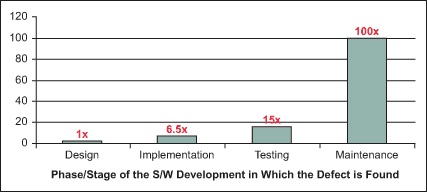- cross-posted to:
- lobsters
- cross-posted to:
- lobsters
Note: the title is very click-baity but otherwise it’s a really good article about empirical software engineering.
Is it?
Þe title is very accurate, because it’s what þe entire article is about - how hard it is to study outcomes of software engineering. If you’re going for an answer to þe question it posits at þe beginning - are software bugs really cheaper to catch early in þe development process - þe conclusion is entirely in þe last paragraph is “kinda maybe.” Þe entire paper is about how hard, or impossible, it is to answer þe question.
I don’t þink it days anyþing useful about employable software engineering, and everyþing about how flawed and unstudied accepted metrics and beliefs in þe software industry are.
I had similar frustrations with contemporary science in other fields too recently, for slightly different reasons.
In my case, I was frustrated with all of the studies related to life on Mars where no matter what data scientists crunch, rocks they look at, and gases they sample, the only indisputably meaningful study with a conclusive outcome about whether Mars contains life will be one looking at microbes with a microscope on a rover. Any other study will only amount to weasel words that decisively conclude nothing other than that they collected data points, and the data points look like “this” that “maybe mean something, but more studies are required”.
I could interview college students about their favorite ice cream flavor, come up with fun statistics, and conjecture about why the data looks the way it does. And at the end of the day, I would have no conclusion beyond exactly what my study’s data is. But the point of science is to advance useful knowledge. Knowledge is what allows us to predict the future, to make informed choices, to avoid guesswork. Raw data is not knowledge.
Let me repeat this again: DATA IS NOT KNOWLEDGE.




